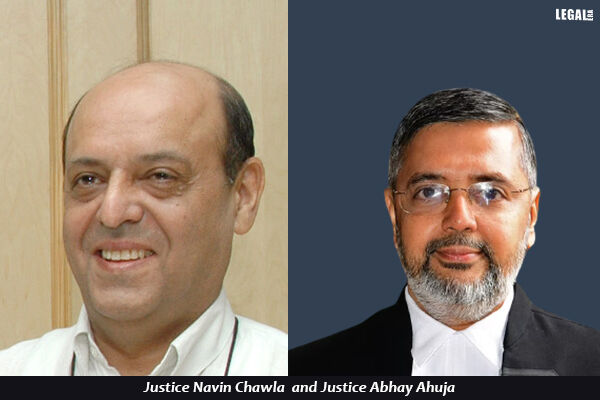
High Court directs IT department to review ‘nil’ deduction certificate
The petitioner in its application had described itself as an e-commerce platform operator
The Delhi High Court has directed the Income Tax department to reconsider the matter of the issuance of the certificate with ‘nil’ deduction of tax.
The division bench of Justice Navin Chawla and Justice Abhay Ahuja noted that the petitioner in its 2021 application for a certificate described itself as an e-platform operator. The application mentioned that the petitioner happened to be a university for the purpose of Article 12(5)(c) of the US Double Tax Avoidance Agreement (DTAA) between India and the US.
The assessing officer, in the impugned order, held that the petitioner was not eligible for the benefit under DTAA. However, it did not contain any reasoning or discussion on the applicability or otherwise of the various sub-articles.
The petitioner, Coursera Inc. stated that the impugned order had rejected its application for ‘nil’ deduction. The order directed the petitioner’s customers to withhold the tax at the rate of 10 percent. While it was arbitrary, no reason was given for arriving at such a conclusion.
The petitioner claimed it was acting merely as an aggregator of educational institutions. It was making access to various courses easier and upon successful completion of the course, a certificate bearing the seal of the institution concerned was awarded to the student.
Being a tax resident of the US, the petitioner had no permanent establishment in India. Therefore, the business profits arising were not liable to be taxed in India. The order also stated that the gross receipts of the petitioner could neither be characterized as royalty nor fees for included service under India-US Double Tax Avoidance Agreement (DTAA).
The petitioner further mentioned that it had not transferred any copyright to its customers as there was no right to commercially exploit the content hosted on the e-platform and/or the services rendered were technical or consultancy in nature. The petitioner had already submitted itself to the Indian tax jurisdiction by paying the levy at the rate of 2 percent under the 2020 Finance Act. And the receipts related only to the e-commerce activity.
The court while setting aside the order directed the respondent to pass a de novo reasoned order after taking into account the amendments made to the provisions of the DTAA Act that came into effect in April 2021. It meant excluding the petitioner’s receipts that were subject to withholding the tax at source.
This was to the extent that such receipts were eligible to equalization levy within a period of four weeks after granting an opportunity to the petitioner of being heard. The court said that it would be incumbent upon the petitioner to expeditiously furnish the information required by the assessing officer.